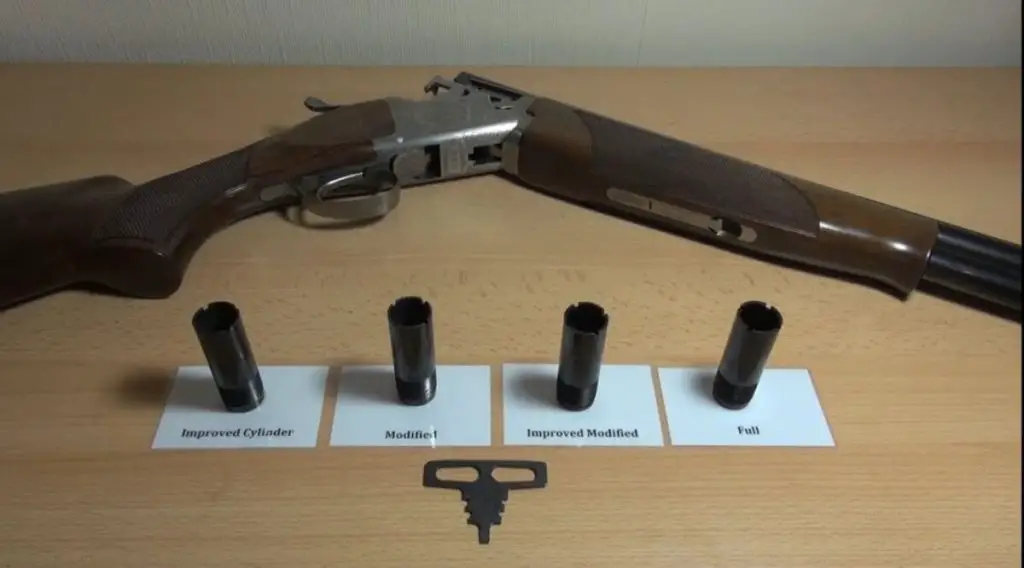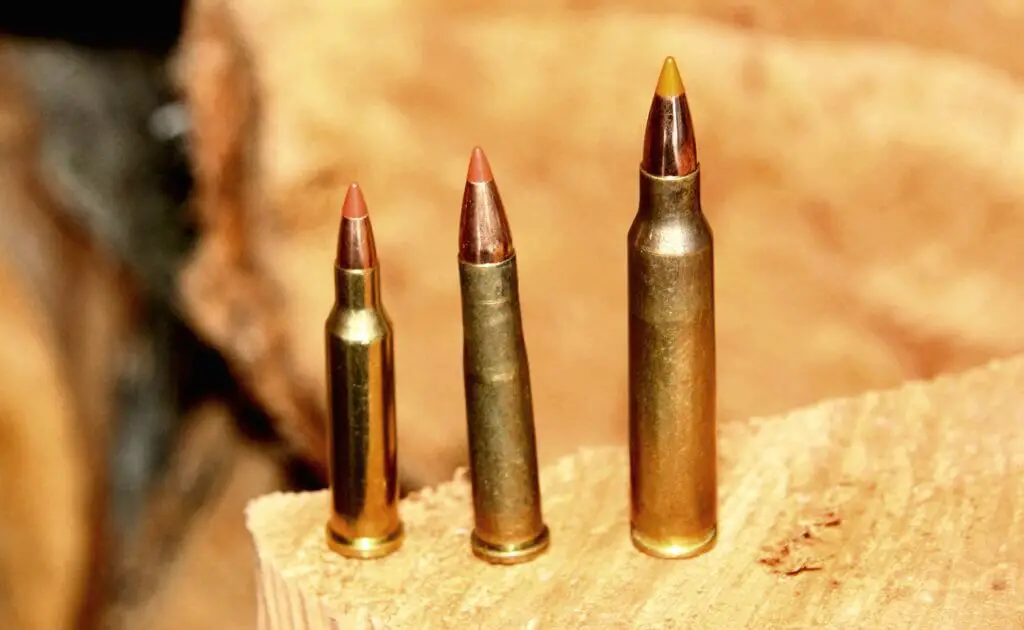In the world of rifle scopes, the Leupold VX Freedom and Vortex Diamondback are two names that consistently pop up for both beginners and seasoned hunters. With each boasting a strong reputation for quality and performance, deciding between these two often comes down to the details. I’m here to share my own experiences with both scopes while exploring their features, specifications, and overall performance.
For shooters keen on making an informed decision, understanding these nuances can significantly impact their hunting success or target shooting enjoyment.
| Feature | Leupold VX Freedom | Vortex Diamondback |
|————————|——————————————–|———————————————|
| Magnification Range | 3-9x, 4-12x, various other configurations | 2-7x, 3-9x, various other configurations |
| Objective Lens Diameter| 40mm, 50mm | 32mm, 40mm, 50mm |
| Weight | 11.1 oz – 16.1 oz | 12 oz – 14.4 oz |
| Length | 12.49 in – 14.25 in | 11.6 in – 14 in |
| Eye Relief | 3.7-4.2 inches | 3.1-3.5 inches |
| Tube Diameter | 1 inch | 1 inch |
| Reticle Options | Multiple | Multiple |
| Warranty | Lifetime | VIP Warranty |
| Price Range | Moderate | Moderate |
Features and Performance: Leupold VX Freedom
Leupold has been a staple in the optics industry, known for rugged and feature-rich products that withstand the elements. The VX Freedom is a testament to their commitment to quality.
Optical Clarity and Light Transmission
When it comes to clarity, the VX Freedom excels. The first time I mounted it on my rifle during an early dawn hunt, the crispness of the image was impressive. It was as if the world had been sharply defined amidst the morning shadows. The proprietary Twilight Light Management System effectively enhances brightness, making it easier to spot a distant buck during low-light conditions.
Durability and Build Quality
The VX Freedom is particularly tough. Whether it faced the accidental drop or the harsh outdoor elements, it stood up without a hitch. Its aircraft-grade aluminum construction ensures a rugged build that can handle recoil and rough handling.
Ease of Use and Adjustability
With a user-friendly design, adjusting the turrets was straightforward. I found zeroing in to be a seamless task. The finger-click adjustments provide tactile feedback, which is vital during critical moments in a hunt. However, one challenge I faced was the slight stiffness in the zoom adjustment ring during colder conditions.
Pros and Cons
Pros:
– Exceptional optical clarity
– Durable, weather-resistant construction
– Reliable warranty support
Cons:
– Slight zoom ring stiffness in cold weather
Features and Performance: Vortex Diamondback
The Vortex Diamondback series brings a blend of affordability and high-end performance to the table. Known for delivering value for money, it’s a favorite among budget-conscious shooters who don’t want to compromise on quality.
Optical Clarity and Light Transmission
My experience with the Diamondback was equally impressive, especially considering its price bracket. The fully multi-coated lenses bolster light transmission, and while comparing it directly with the VX Freedom, I found it slightly behind but still commendable in low-light conditions.
Durability and Build Quality
The Vortex Diamondback is surprisingly robust. Its solid one-piece tube design adds to its strength and recoil resistance. While hiking through the dense woods, I liked that it shrugged off scratches and dings, maintaining its sleek appearance.
Ease of Use and Adjustability
One of Diamondback’s highlights is its ease of use. The metal-on-metal precision turrets offered solid clicks, making adjustments straightforward. However, I did encounter a bit of trial and error with the parallax adjustment during my initial setup, which required some getting used to.
Pros and Cons
Pros:
– Great value for money
– Solid and reliable construction
– Wide range of models and configurations
Cons:
– Slight trial and error with parallax adjustments
Comparative Insights
When comparing the Leupold VX Freedom and Vortex Diamondback, both have unique strengths and cater to different needs. If optical clarity and low-light performance are priorities, the VX Freedom edges out as the better option, albeit slightly more expensive. In contrast, the Vortex Diamondback is unbeatable in terms of value and serves users looking for strength and functionality without breaking the bank.
Whether you’re stalking deer at dawn or aiming at targets midday, both scopes offer powerful capabilities. The choice between them hinges on personal preference, budget, and specific use-case scenarios. From my perspective, both are commendable tools in any shooter’s arsenal.
Frequently Asked Questions
Is Vortex better than Leupold?
There is no definitive answer to whether Vortex is better than Leupold as it ultimately comes down to personal preference and specific needs. Both Vortex and Leupold are known for producing high-quality optics with clear and bright images. It is recommended to compare the features and specifications of each brand to determine which one best suits your requirements.
Is Vortex Diamondback made in China?
Yes, Vortex Diamondback scopes are made in China. Vortex Optics has manufacturing facilities in China where they produce a variety of their optics products, including the Diamondback series.
Does Leupold VX Freedom have zero stop?
No, Leupold VX Freedom scopes do not have a zero stop feature. The zero stop functionality is often found in higher-end scopes and is designed to prevent the turret from going below its zero setting, ensuring quick and easy return to the original zero point.
Where are Leupold Vx Freedom scopes made?
Leupold VX Freedom scopes are proudly made in the United States. Leupold is a renowned American optics manufacturer with a long history of producing high-quality scopes and binoculars. The VX Freedom series continues this tradition of American-made optics.
- How to Put a Scope on a Mosin Infantry in Tarkov: A Quick Guide - November 7, 2024
- How to Edit a Scope Box in Revit: A Step-by-Step Guide - November 6, 2024
- How to Put a Scope on Mosin Tarkov: Expert Tips for Gamers - November 6, 2024


